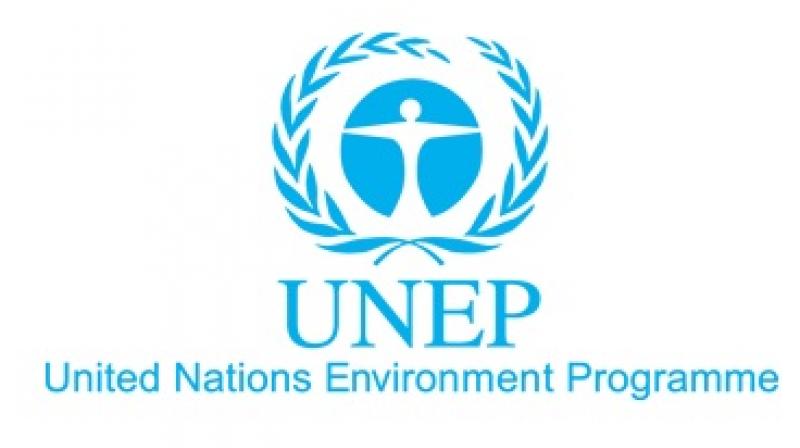So, let's talk green: Sustainable consumption and production in tourism

I have just returned from Male', Maldives. Not from a holiday sadly, but from an interesting two days with the South Asian countries discussing sustainable tourism.
I have been with tourism in general and sustainable tourism in specific for more than a decade now. One issue that has always bothered me was the fact that we have never could have in-depth discussions involving sustainability in tourism. Every time this was attempted, it was loudly appreciated, gently forgotten and seldom pursued as an issue that we truly need to focus on. One agency has been consistently working to keep the discussion of sustainable tourism in focus, and that is the United Nations Environmental Programme (UNEP).
UNEP in 2010 launched two initiatives to help the tourism industry move towards sustainability. They were called Sowing the Seeds of Change and Envirotel. Both these initiatives were focussed on the small and medium enterprises, which comprise 76% of the total tourism universe. It is these enterprises who need help and UNEP provided sustainable tourism principles, processes and knowledge in the form of CD Rom's that were distributed after a training programme.
So much has changed since then, and now we are now having to deal with issues as diverse as the contribution of tourism to climate change, how tourism should adapt to climate change and how tourism can contribute to mitigation of the challenges of climate change. We have a lot of guidance from many agencies for this.
The United Nations, the Sustainability Development Goals (SGD) act as a guide for sustainable development. While three goals mention tourism, goal 12 of the SDG's deals with a critical aspect consumption and production in tourism. This is an important goal to focus on for the tourism industry for multiple reasons.
When I started my resort, Our Native Village in Bangalore a decade ago, my objective was to build a model for sustainable living. I focussed on the 5 pillars of sustainability - energy, water, waste, architecture and the food chain. At that point in time, these issues were not recognised as part of the main discussion for tourism. I was call foolish for focussing on 'non-issues'. Much of this is changing now.
In Male', UNEP, as part of the Switch Asia programme, organised a policy dialogue on sustainable tourism on main streaming sustainable consumption and production tourism policies in South Asia. Two representatives from the tourism and environment ministries from 7 of the 8 South Asian countries - Afghanistan, Bangladesh, Bhutan, Maldives, Nepal, Sri Lanka, and Pakistan were present. Sadly, India did not come. Considering India is a major emitter of greenhouse gases; it should have been there. I was personally sad that India did not turn up.
The discussions on climate change and its effect on tourism was interesting. We all know that climate change impacts tourism. Tourism activities have an impact on climate change. Tourism consumes resources that are disproportionate to the value it adds back to the economies.
Tourists consume seven to nine times the water that the local communities consume. Tourism establishments burn diesel to run electricity generators at alarmingly high levels. A country like Maldives, thrives entirely on diesel got its electricity, running the cars, motor bikes and motor boats. Considering we get enough solar energy every hour to power the entire planet for a whole year, tourism now need to move to looking at renewable energy to power its operations. Adopting low carbon economic policies are very critical for the tourism industry. Similarly, the waste the industry generates, the water it consumes, are all disproportionate.
Governments need to measure the impacts of tourism, and formulate policies to guide the industry. A mixture of incentives and legislation will soon become necessary, if we want to reduce the negative impacts of tourism. The tourism industry has lots to do. Let's do it now!

